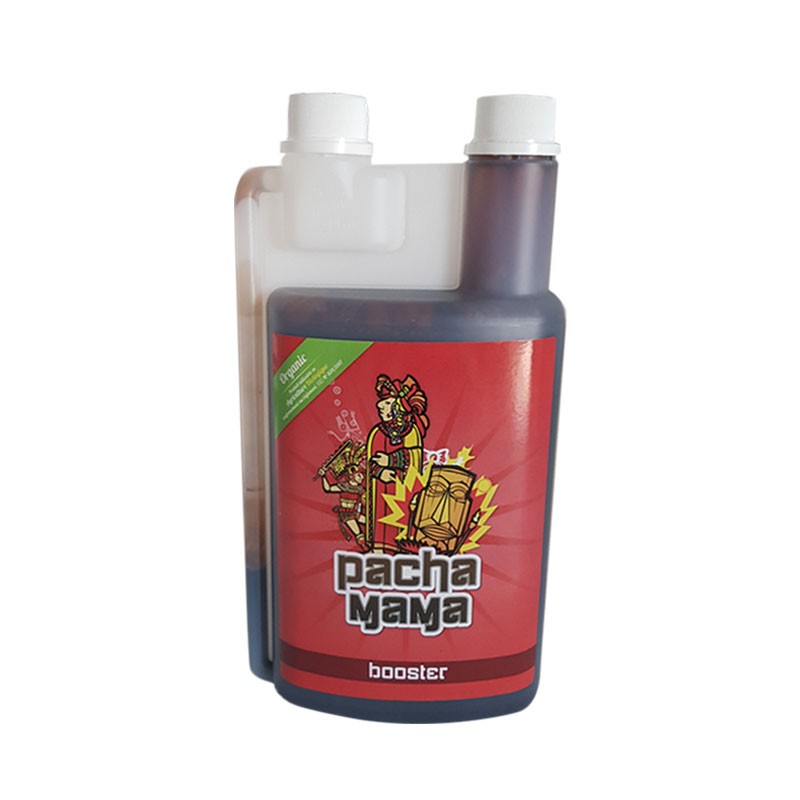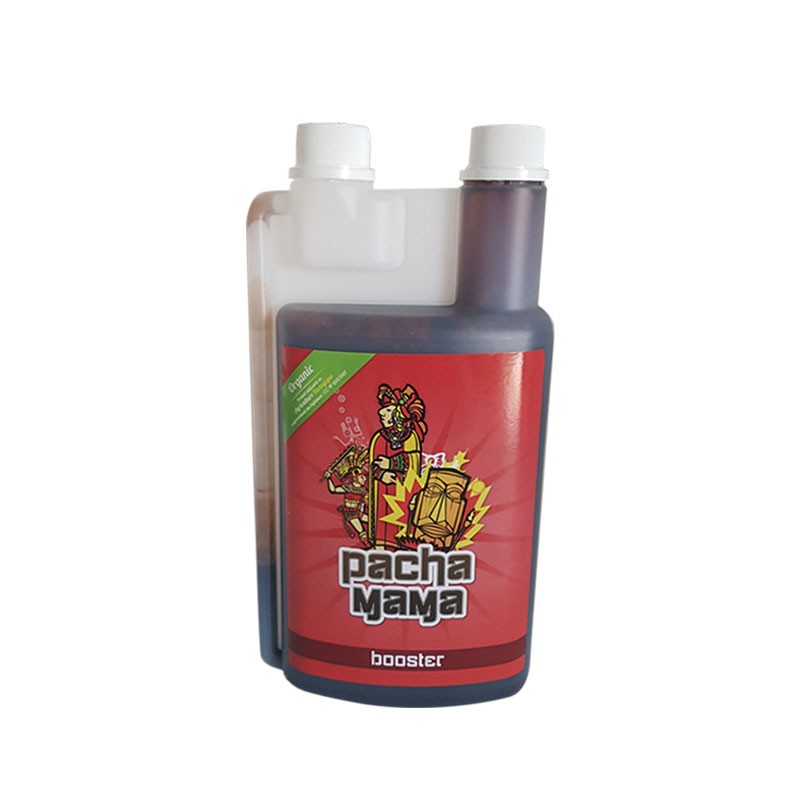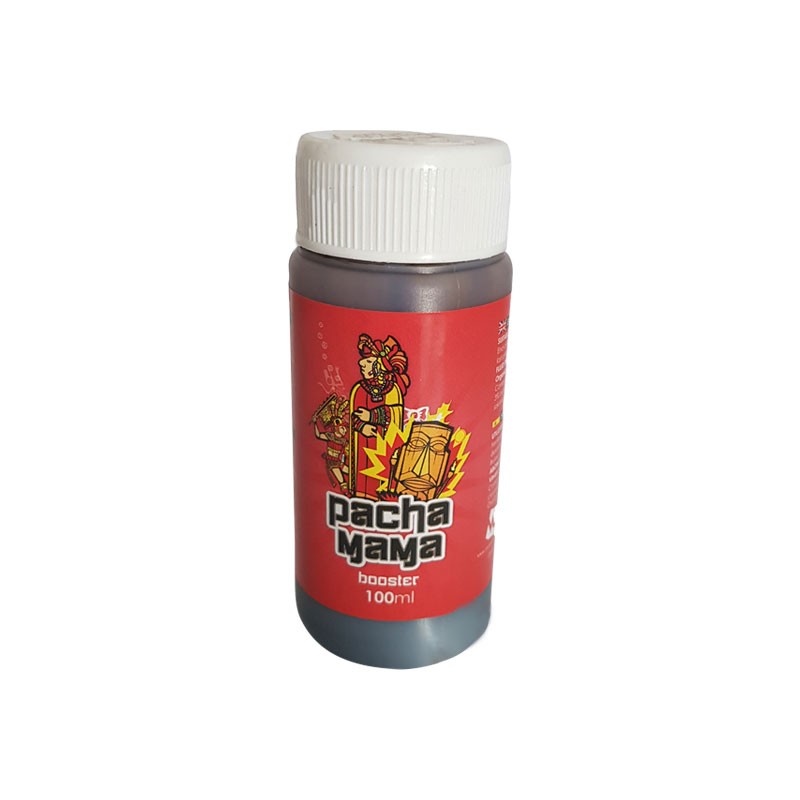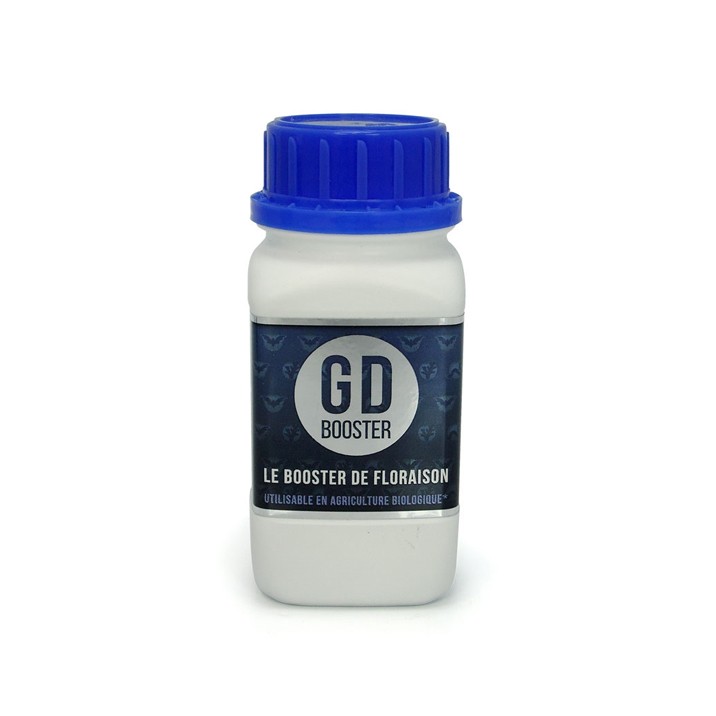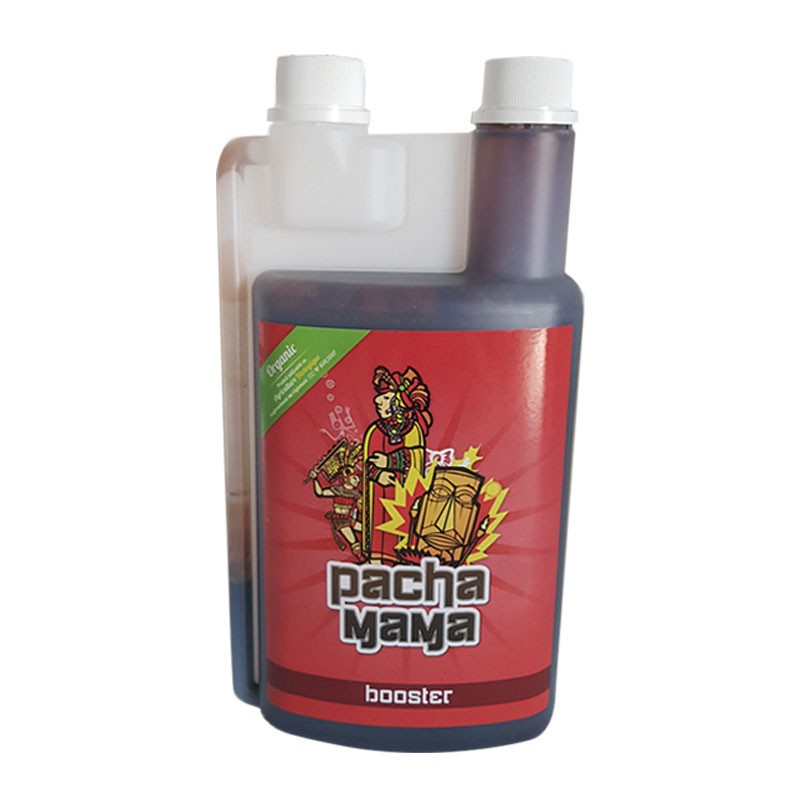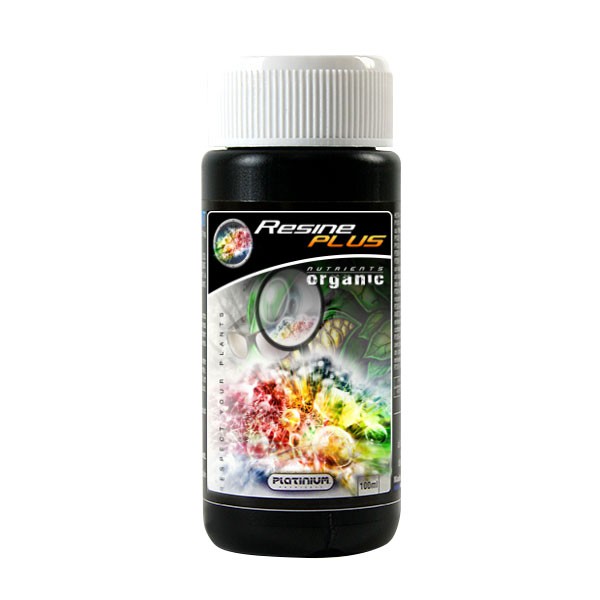
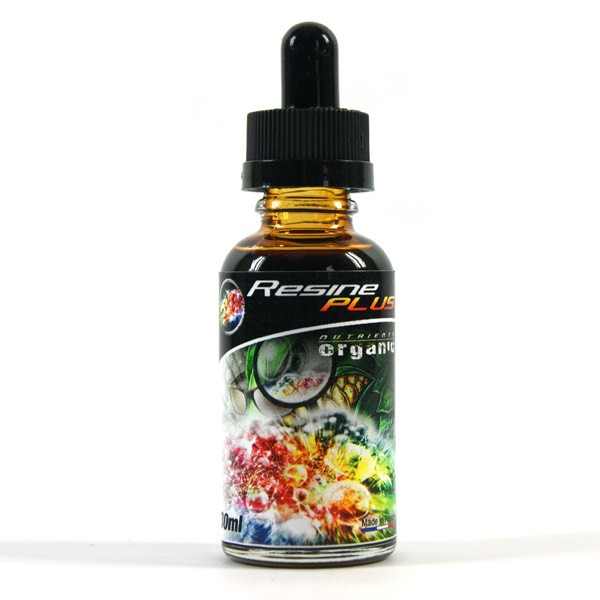


Platinium - Resin Plus - 30ml - Increases sugars and active ingredients
Resine Plus Fertilizer is a powerful organic stimulator for all types of indoor and outdoor plants. This product can be used to enhance organoleptic qualities.
| -20% | €7.12 |
| -15% | €7.57 |
| -10% | €8.01 |
| -7.5% | €8.23 |
| -5% | €8.46 |
Product details
Resine+ NP 7-2 Humus + Amino Acid 24% of Platinium Nutrients
Resine+ is a powerful stimulator for indoor and outdoor plants. It is intended to develop to the maximum the organoleptic characteristics of flowers and fruits (smell, taste) and to increase the production of resin by the work of the amino acids present in quantity in Resine+.
In addition to nitrogen and phosphorus, Resine+ contains 24% of free amino acids and natural humus, elements that are very important for the realization of the physiological processes of the plants, such as the synthesis of proteins that directly influence the characteristics of the crop. It provides nutrients in high concentration, phytoalexins (antimicrobial substances that protect the plant and give it therapeutic properties for humans), and natural antioxidants in a form that can be assimilated by the plants.
Use
As a supplement to your flowering fertilizer.
Can be used at the end of growth and in bloom until rinsing, in irrigation or spraying, 1.5 mL/L. Water every other day with clear water.
Composition
Organic N = 7% Phosphorus = 2.49% Potassium = 0.5% Free amino acids = 24% Boron = 0.44

UAB Usable in organic farming in application of the EC regulation n° 834/2007.
Warning : H302 : Harmful if swallowed.
Resine Plus contains the essential amino acids for plants:

Alanine: has an action on the speed of plant growth and stimulates the formation of chlorophyll. This amino acid is one of the early products of photosynthetic carbon dioxide fixation. It also stimulates root development and is the main amino acid in the sap.
Arginine: active in the stimulation of photosynthesis and delays the senescence process. Has an action on the speed of the processes and on the strength of resistance of the plant in front of the diseases, the stresses, ....
Aspartate: has an action on the strength of resistance of the plant against diseases, stresses,... It represents a source of nitrogen for the plant and participates in many metabolic processes. Aspargin is the most important amino nitrogen transporter in the plant.
Cysteine: has an action on the reduction of sulfur in the plant. Participates in the assimilatory reduction of sulfate in the chloroplasts. It serves as a "gateway" for reduced sulfur in all organic molecules, as glutamate is for reduced nitrogen. From cysteine, all other sulfur compounds in the cell are derived, especially methionine and glutathione.
Glutamate: has an action on the vegetative growth from the beginning of the vegetative growth until the harvest. Promotes the assimilation of inorganic nitrogen by the plant. It is a precursor of new amino acids.
Glycine: is one of the first compounds used in the synthesis of chlorophyll (prevention of chlorosis). Has a crucial action in the formation of plant tissues. It contributes to the vegetative growth of the plant and has a role in the pollination process and fruiting. Has an important chelating effect. It acts on the development of buds and leaves. It is also involved in resistance systems in the face of adverse situations.
Histidine: has an action on the vegetative growth from the beginning of the vegetative growth until the harvest. It is involved in a large number of metabolic processes: cell production, production of histamine.
Isoleucine: has an action on the vegetative growth from the beginning of the vegetative growth until the harvest.
Leucine: has an action on vegetative growth from the beginning of vegetative growth until harvest. Helps to regenerate and repair cell tissues. Regulates nitrogen levels in the plant.
Lysine: active in the stimulation of photosynthesis and delays the senescence process. Has an action on the vegetative growth from the beginning of the vegetative growth until the harvest. It is also involved in resistance systems in the face of adverse situations.
Methionine: has an action on the maturity of fruits and has an important role in the revitalization of roots. Acts on the senescence of leaves and flowers and delays the abscission of leaves and fruits. Participates in the metabolism of sulfur. It is a very important plant phytohormone.
Phenylalanine: is the source of phenolic acids, flavonoids, gluconisates, alkaloids, suberins and lignins which play an essential role in the defense mechanisms and in the constitution of walls and fibers. Promotes the germination of shoots and stimulates rooting.
Proline: has an action on the management of water for the cultures and it reinforces the cellular walls (osmoprotector). It has an action on the resistance to extreme conditions such as heat, cold, drought, salinity. It favors the pollination rate, by protecting the pollen against unfavorable temperatures or by favoring the resumption of pollen germination after the cold.
Serine : has an action on the stimulation of photosynthesis. Has an action on the strength of resistance of the plant against diseases, stress, .... Has an important role in the hormonal balance in the plant. Has an action on the reduction of sulfur. Precursor to cysteine, sulfur amino acid. Participates in the assimilatory reduction of sulfate in the chloroplasts.
Threonine: has an action on the strength of resistance of the plant to diseases, stresses, ....
Tryptophan: has an action on the strength of resistance of the plant against diseases, stress,... Is a main precursor of indole acetic acid, the most important plant growth substance of the auxin group. It is synthesized mainly in the stems and young leaves, as well as in the developing seeds. Main effects: growth, cell elongation, apical dominance, stimulation of fruit development, bud formation, new root formation, stimulation of ethylene synthesis, inhibition of leaf and fruit abscission.
Tyrosine: has an action on the resistance strength of the plant against diseases, stress,... Is at the origin of phenolic acids, flavonoids, gluconisates, alkaloids, suberins and lignins which play an essential role in the defense mechanisms and the constitution of walls and fibers.
Valine: has an action on the speed of root formation and on the speed of plant growth. It also has an action on the formation of seeds. It is also involved in resistance systems in the face of adverse situations.
Technical sheet
- Recommended useFlowering stimulatorPackaging30 mlProduct typeOrganiqueApplicationHydroponics, Earth, Coco, Rock woolType of fertilizerFor use in Organic Agriculture, OrganicMarqueNos emballages et produits peuvent faire l’objet d’une consigne de tri
Community reviews

